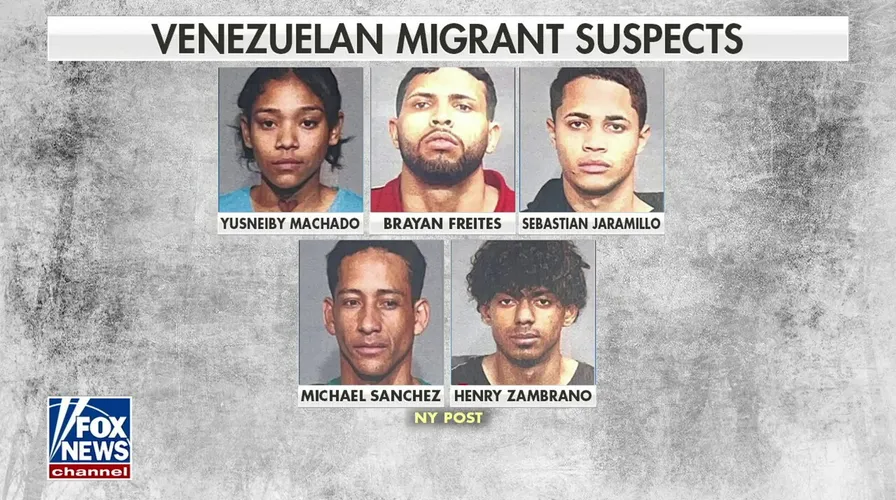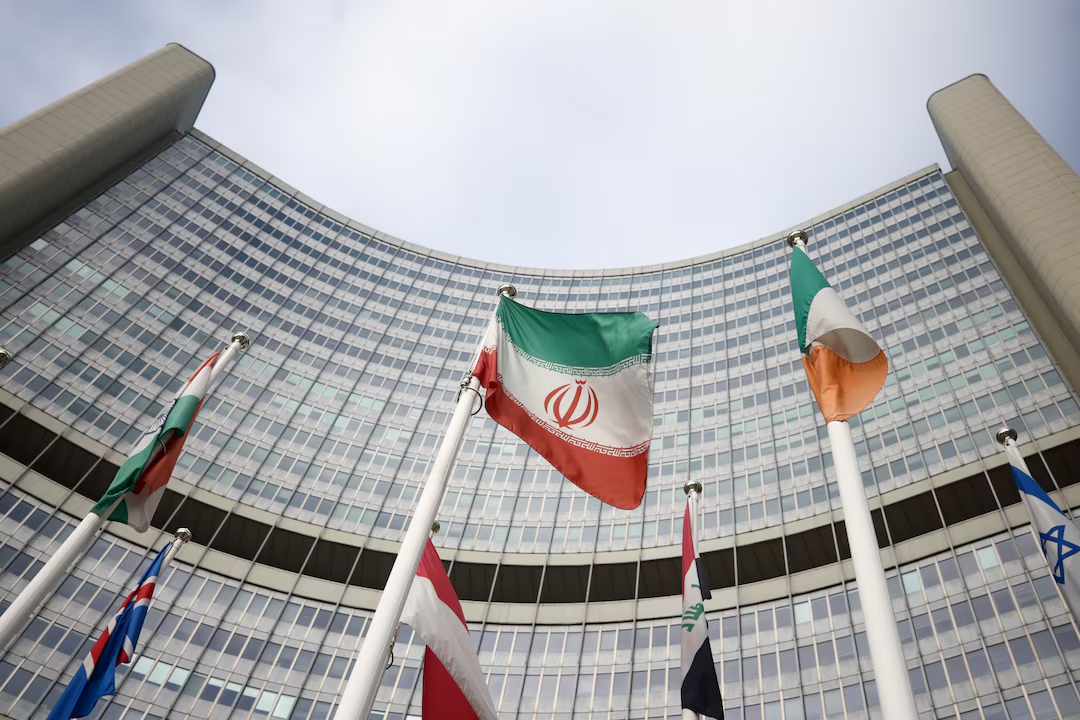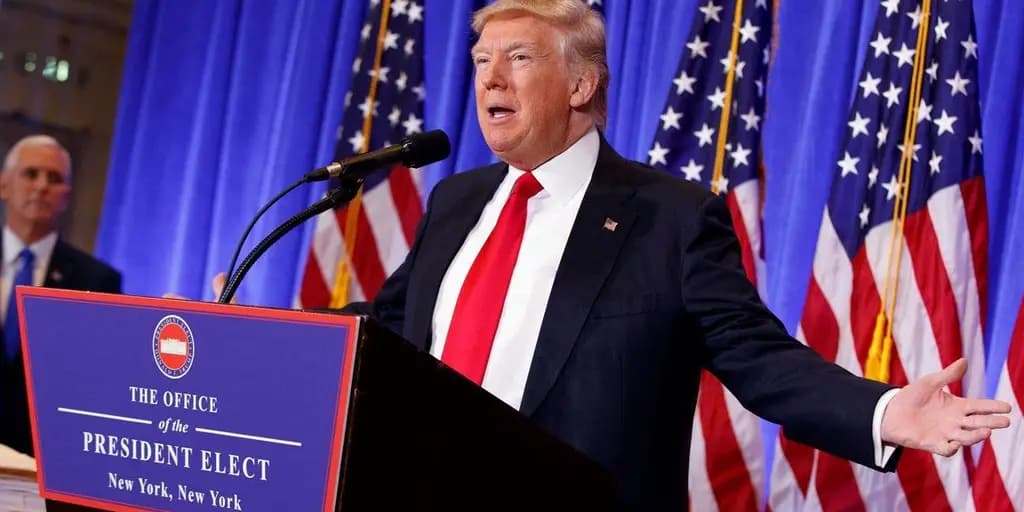Trump Administration"s Legal Maneuvering
The Trump administration"s ongoing attempts to distance itself from the nearly 140 Venezuelan immigrants deported to a notorious prison in El Salvador have taken a shocking turn. In court, officials have claimed that the Salvadoran government holds complete control over these men, arguing that they have no authority to repatriate them. However, new evidence reveals a damning contradiction, suggesting that the U.S. government remains entangled in their fate.
El Salvador"s Denial of Responsibility
According to a document produced by lawyers representing the Venezuelan men, the Salvadoran government has explicitly stated that it bears no legal responsibility for these individuals. This revelation comes in response to a United Nations inquiry into the deportations, highlighting the complexities of international law and state sovereignty. The Salvadoran government described its actions as merely executing a "bilateral cooperation mechanism" with the United States, effectively serving as an extension of U.S. immigration policy rather than acting independently. This raises profound questions about the nature of U.S. influence in Central America and the implications for international law.

ICE arrests Venezuelan illegal migrants released without bail after ...
Violation of Civil Rights
This situation is not merely a bureaucratic tangle; it represents a fundamental violation of civil rights. The U.S. government"s utilization of a rarely invoked wartime statute to facilitate the deportation of these Venezuelans is alarming. It reflects a broader trend within the administration to exploit legal loopholes to circumvent standard immigration procedures and due process. The implications of such actions reach far beyond the individuals involved, casting a long shadow over the principles of justice and human dignity.
Judicial Intervention and Due Process
In light of these developments, Judge James E. Boasberg has mandated that the Trump administration must take steps to ensure due process for the Venezuelan men. This judicial intervention is a crucial reminder of the necessity for checks and balances in the face of executive overreach. As reported by The New York Times, the judge"s ruling underscores the importance of upholding constitutional protections, even when the government seeks to evade its responsibilities.

Iran sets up meeting on U.N. nuclear inquiry as diplomatic ...
The Broader Implications for Immigrant Rights
This case exemplifies the precarious position of immigrants in the current political landscape. With the Trump administration"s history of aggressive immigration enforcement and disregard for human rights, the fate of these Venezuelans is emblematic of the struggles faced by countless others. It raises critical concerns about the treatment of immigrant populations and the role of the U.S. in international deportation practices. According to AP News, the administration"s actions have been met with widespread condemnation from civil rights advocates, highlighting the urgent need for reform in immigration policy.
Conclusion Not Possible Here
As the situation unfolds, it is imperative to remain vigilant and demand accountability from our government. The legal and moral implications of deporting individuals to a foreign prison system, while simultaneously denying responsibility for their treatment, must not be overlooked. This case serves as a stark reminder of the ongoing struggle for civil rights and justice in America, and the need for a more humane and equitable immigration policy.

![[Video] Federal officers deploy sting balls and flash grenades at Whipple Building](/_next/image?url=%2Fapi%2Fimage%2Fthumbnails%2Fthumbnail-1768340555229-vhfcc-thumbnail.jpg&w=3840&q=75)
![[Video] Crowd-control weapons used in Minneapolis as anti-ICE protesters attack police vehicle](/_next/image?url=%2Fapi%2Fimage%2Fthumbnails%2Fthumbnail-1768336302231-akxf7s-thumbnail.jpg&w=3840&q=75)

![[Video] Protests erupt in Minneapolis after ICE detains teenager, multiple arrests made](/_next/image?url=%2Fapi%2Fimage%2Fthumbnails%2Fthumbnail-1768331835371-z9ylqg-thumbnail.jpg&w=3840&q=75)


![[Video] Gunfire between Iraqi security forces and Sadr militias in Baghdad](/_next/image?url=%2Fapi%2Fimage%2Fthumbnails%2Fthumbnail-1768343508874-4redb-thumbnail.jpg&w=3840&q=75)
